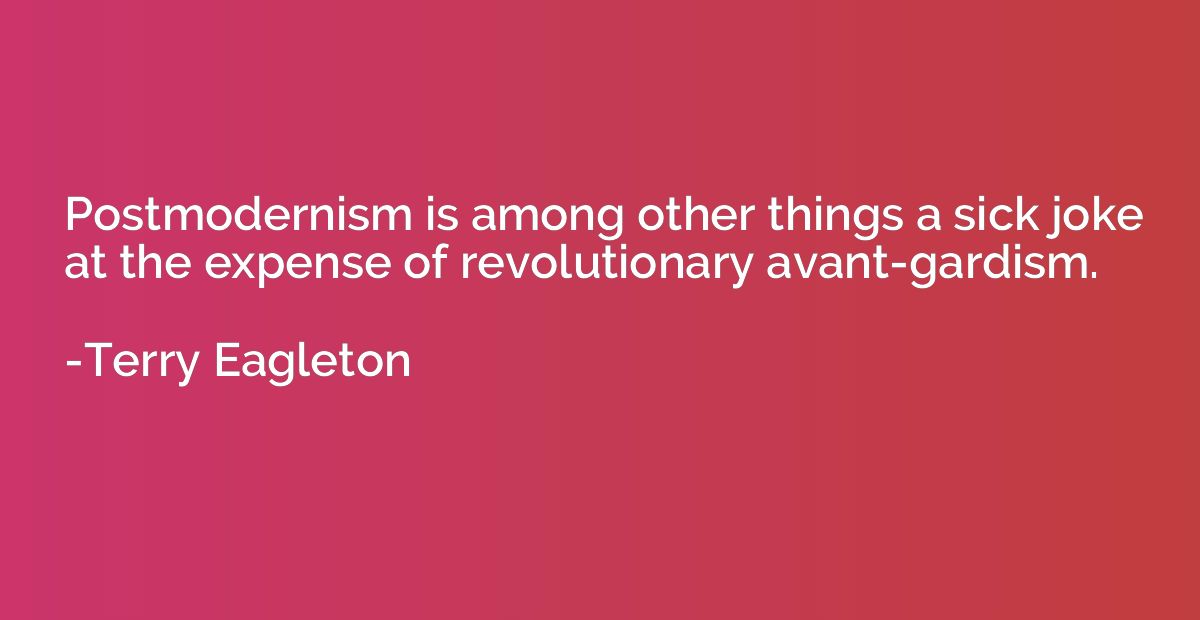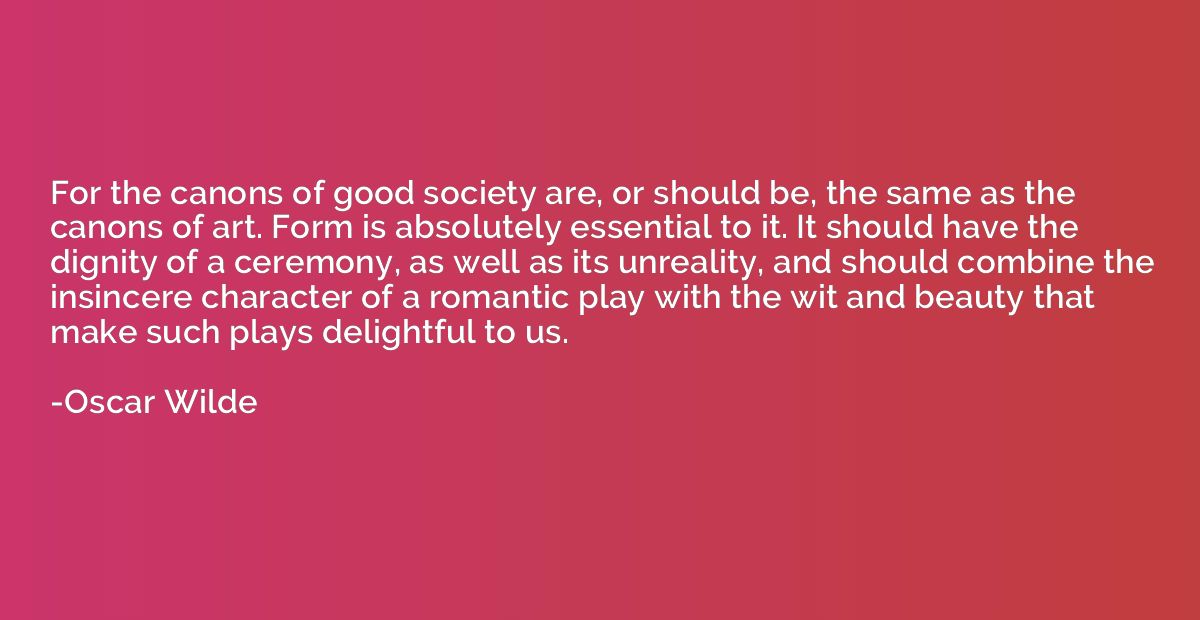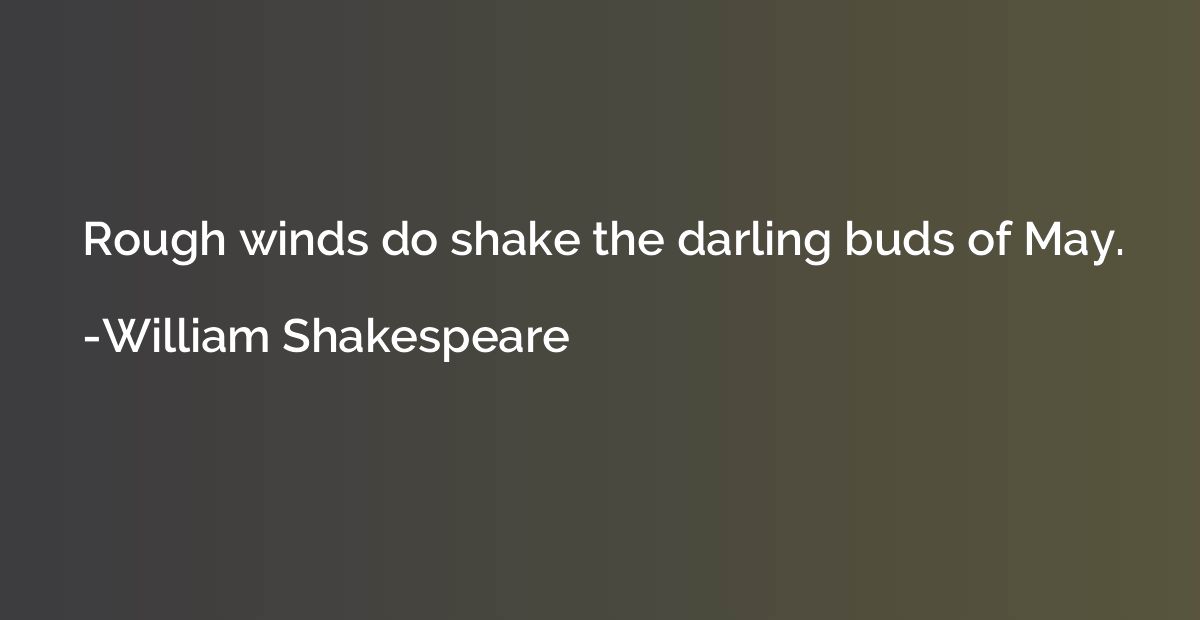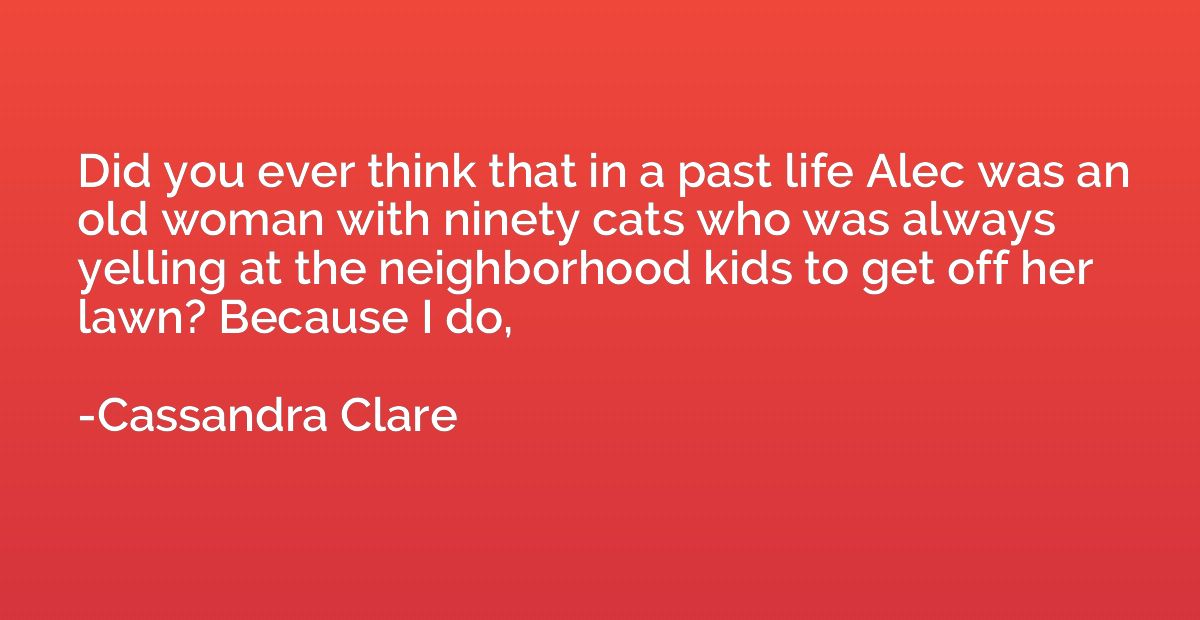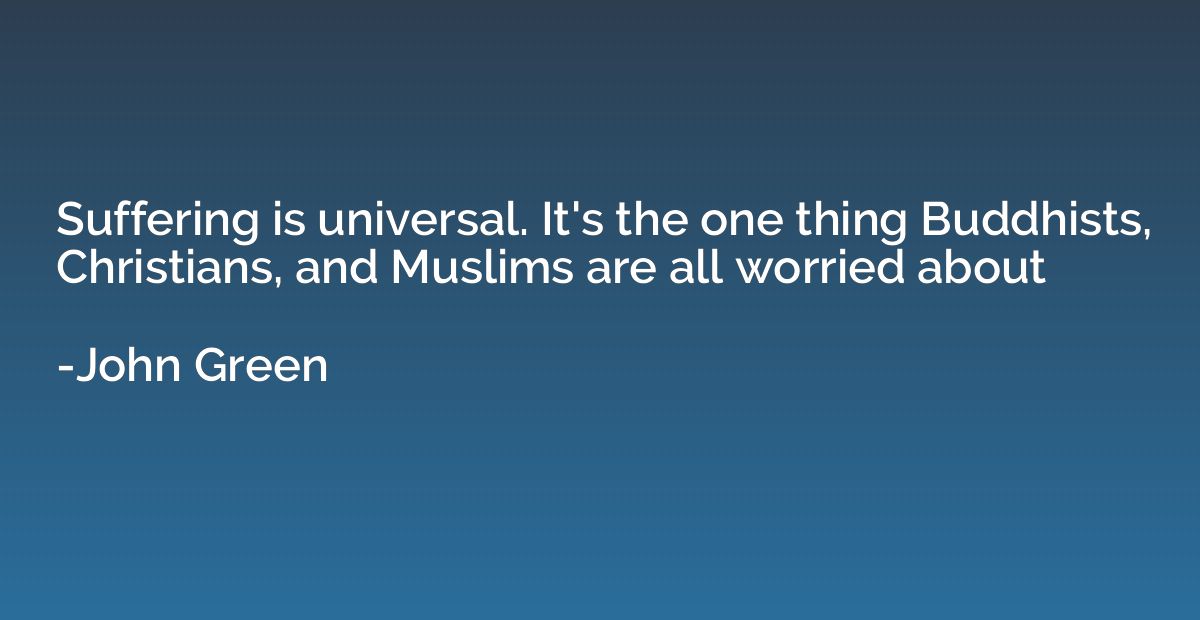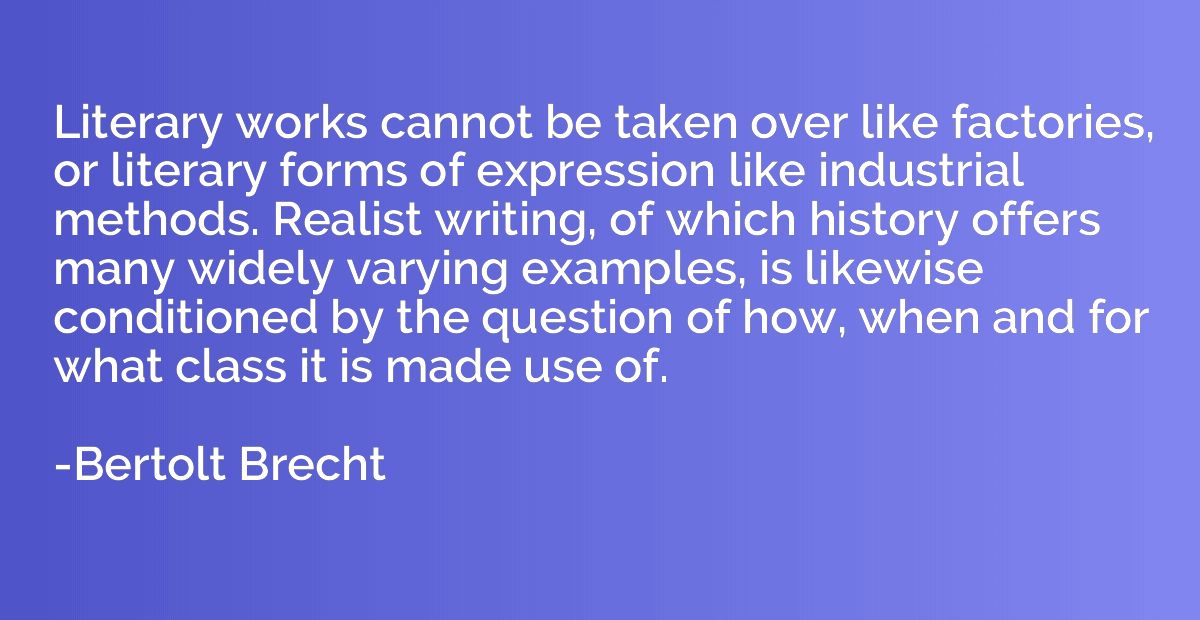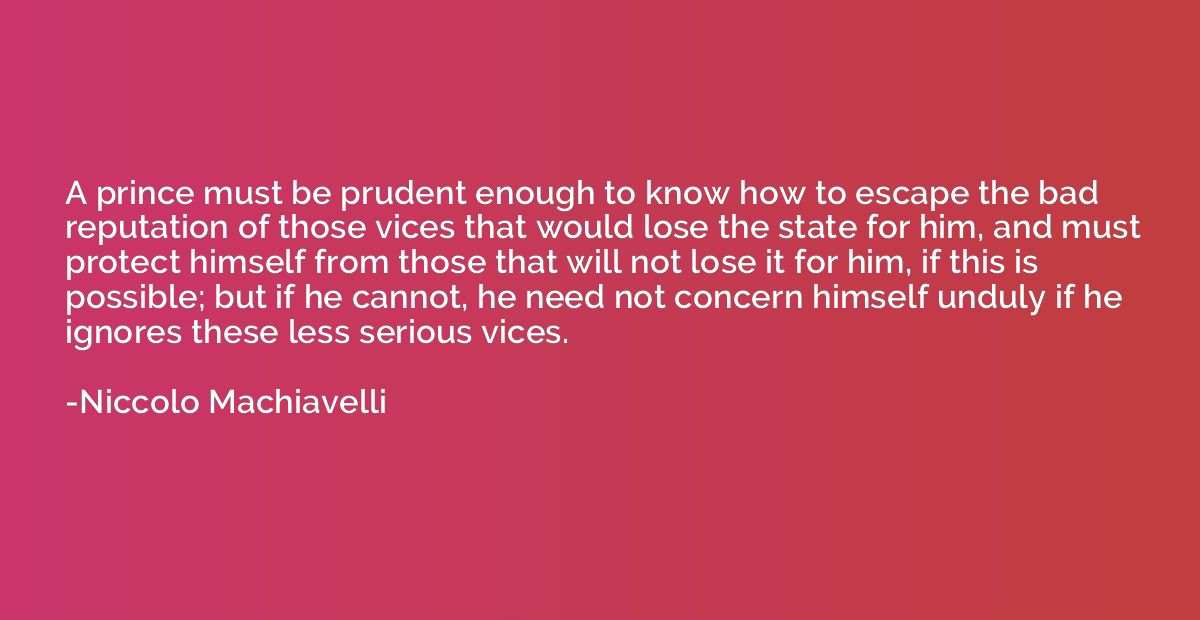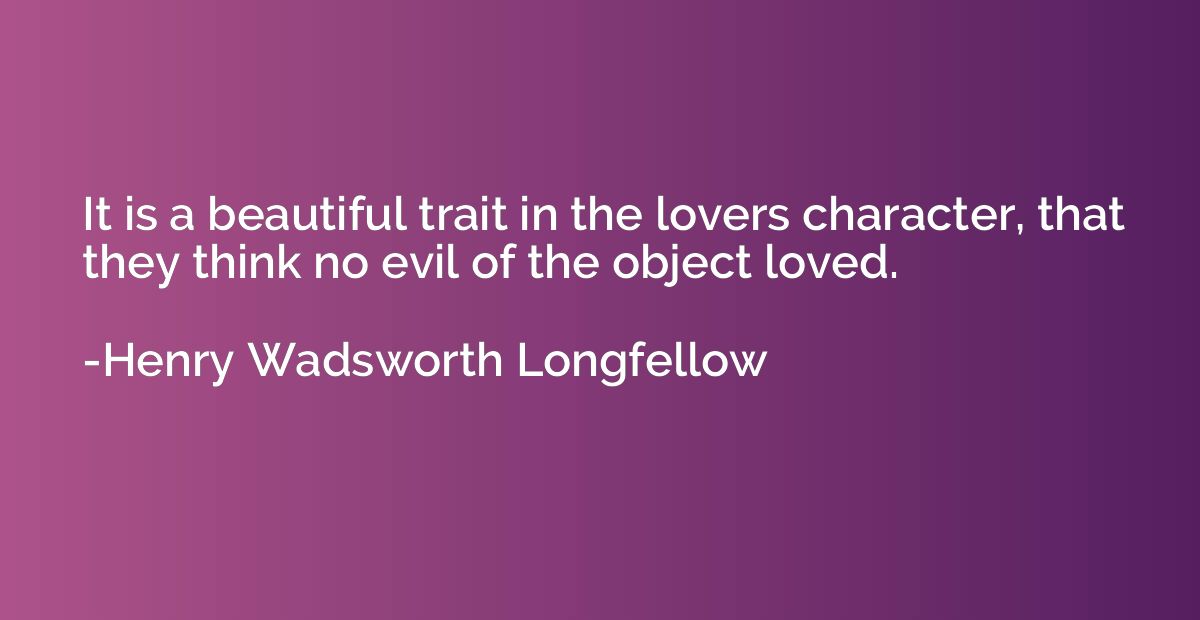Quote by William Shakespeare
I could a tale unfold whose lightest wordWould harrow up thy soul, freeze thy young blood,Make thy two eyes like stars start from their spheres,Thy knotted and combined locks to part,And each particular hair to stand on endLike quills upon the fretful porpentine.But this eternal blazon must not beTo ears of flesh and blood.List, list, O list!
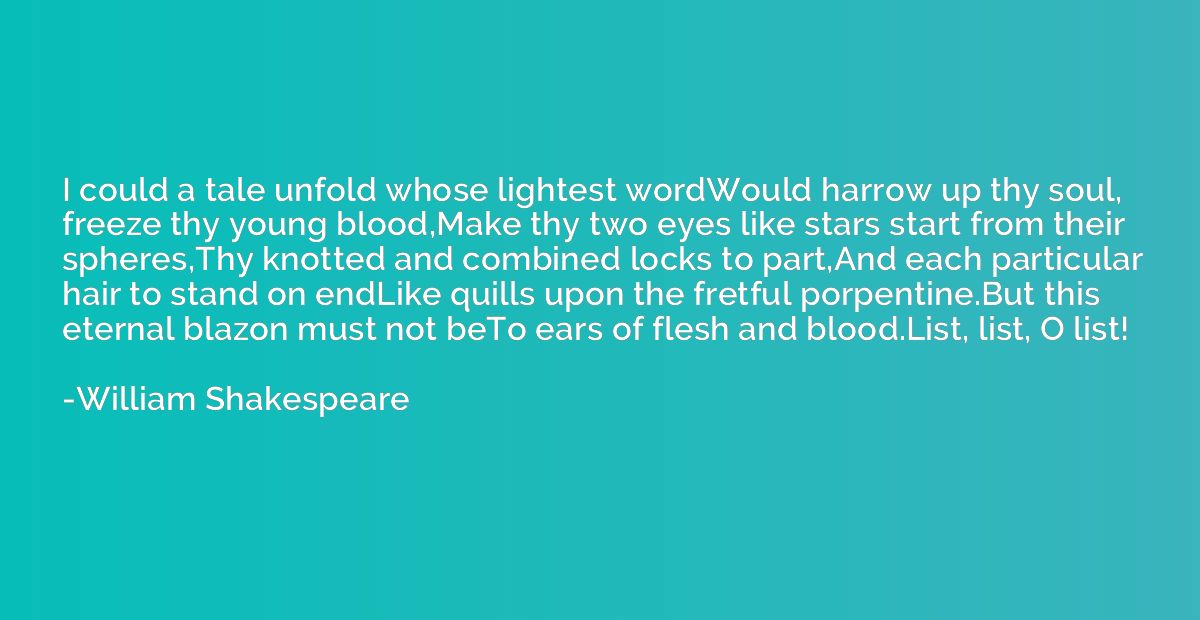
Summary
In this quote, the speaker suggests that they are capable of sharing a story so haunting and horrifying that it would deeply unsettle and disturb the listener. The graphic imagery used, such as freezing blood, eyes popping out, and hairs standing on end, narrates the profound impact the tale would have. However, the speaker also acknowledges that such a story is not suitable for ordinary people, as they cannot handle the eternal truth it reveals. The repetition of "list" emphasizes the speaker's plea for the listener's undivided attention and willingness to hear this remarkable story.



